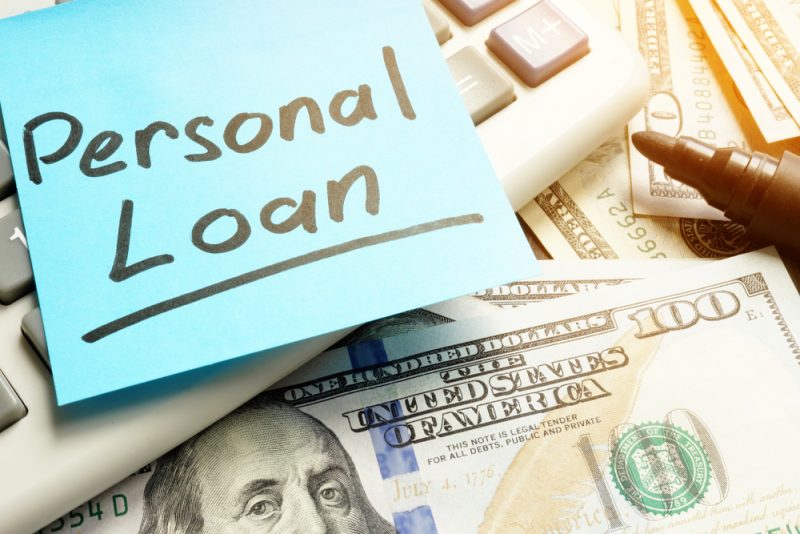It is a new year and if one of your resolutions for 2017 is to change your spending habits, save more, and pay off your debts, then you may consider yourself one lucky person because there are various opportunities.
Debt is like a chronic disease and before you are healed, you will have to apply various advanced strategies on a personal level and also with the involvement of a professional. One debt management strategy is debt consolidation and you’ll have to take a personal loan to pay off the outstanding loans and debt. Though this may seem like a free pass, you have to be cautious before signing the documents from the lender. Some of the considerations to keep in mind include:
-
Finding online lenders
As a result of rules and constraints in the money market, you may not land your best deal from a bank. Fortunately, there are many online lenders that have established themselves to offer affordable rates on personal loans. Online lenders have lower overhead charges and this translates to lower rates on borrowing and fewer fees. The personal loan will be affordable and your improvement in financial position will be seen at the end of the year. Check out their reviews before signing up.
-
Interest rates
Regardless of who is in the big office, the economy remains unstable and to cushion against financial changes in the world markets, the interest rates charged on personal loans are ever on the rise. Even though the interest rates look favorable now, keep in mind that the rates can change at any time during the year. Get a professional to provide projections on future rates. This will help you decide if you’ll be able to navigate the payments through the year.
-
Credit history
Before submitting the loan application information, get your credit history and your score to know if your loan will be sanctioned. Personal loans and the interest rates charged depend on your credit score. Poor credit can have you categorized as a high risk loanee, hence higher interest rates or dismissal of the loan application.
You should get your credit history before the application to verify the information input in your account. Unrecognized or incorrect collection amounts can be disputed.
-
Penalties
It is easy to trust your credit counsellor or the loan officer, but you should read the fine print of the loan thoroughly before signing the papers. Ask for clarity on ambiguous or unclear terms. Failure to do this means that you fail to see the high penalty charges on one late or missed payment. The loan is supposed to be affordable and penalties can make this impossible by being too expensive.
-
Scammers
The crowded financial market is filled with people ready to fleece you every dollar and these people often advertise attractive loan packages aggressively. Pushy lenders or lenders asking for security deposits upfront should be avoided at all costs. Ask for licensing information and get their credentials checked out. The best deal may seem expensive but it will save you more later.
In conclusion, having figured out a real reason to get a personal loan, in this case debt consolidation, take your time, undertake market research and only go for an agreement that cares about you.
Finally, ensure that you get the right type of personal loan, affordable monthly repayments, need for insurance, upfront fees, eligibility, and how you will pay off the loan.
Author Bio
Merlin Reese is a personal financial consultant working with a renowned consultancy firm. For more information on personal loans, check out her blog and her Facebook/Twitter pages.
More Stuff For Your Inspiration:
- No Related Posts
Related posts
1 Comment
Comments are closed.
Categories
- Around The World (369)
- Business (57)
- Education (9)
- Home Improvement (23)
- Humor (191)
- Inspiration (512)
- Lifestyle (21)
- Motivation (2)
- News (31)
- Photo of the Day (257)
- Photography (105)
- Technology (60)
- Travel (8)




I recommend, I’m like wedding dresses or evening dresses. It’s see more beautiful.